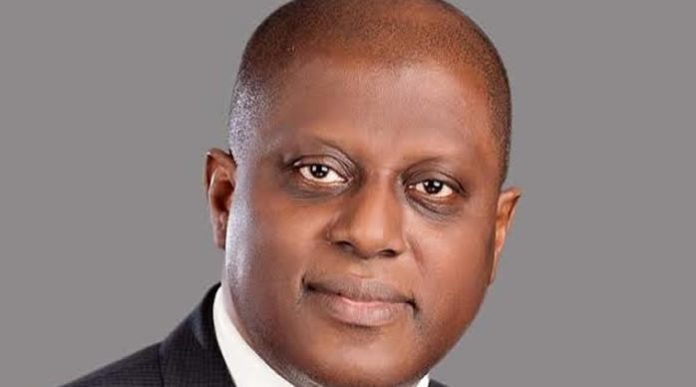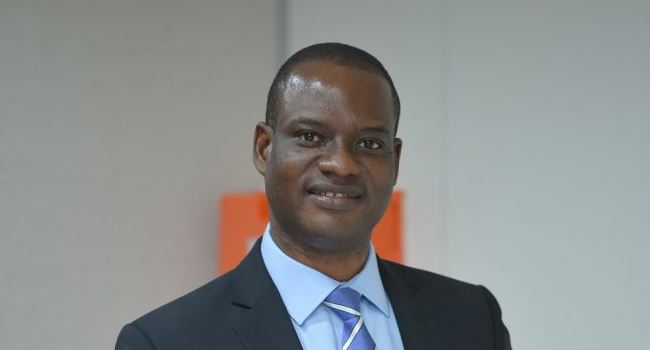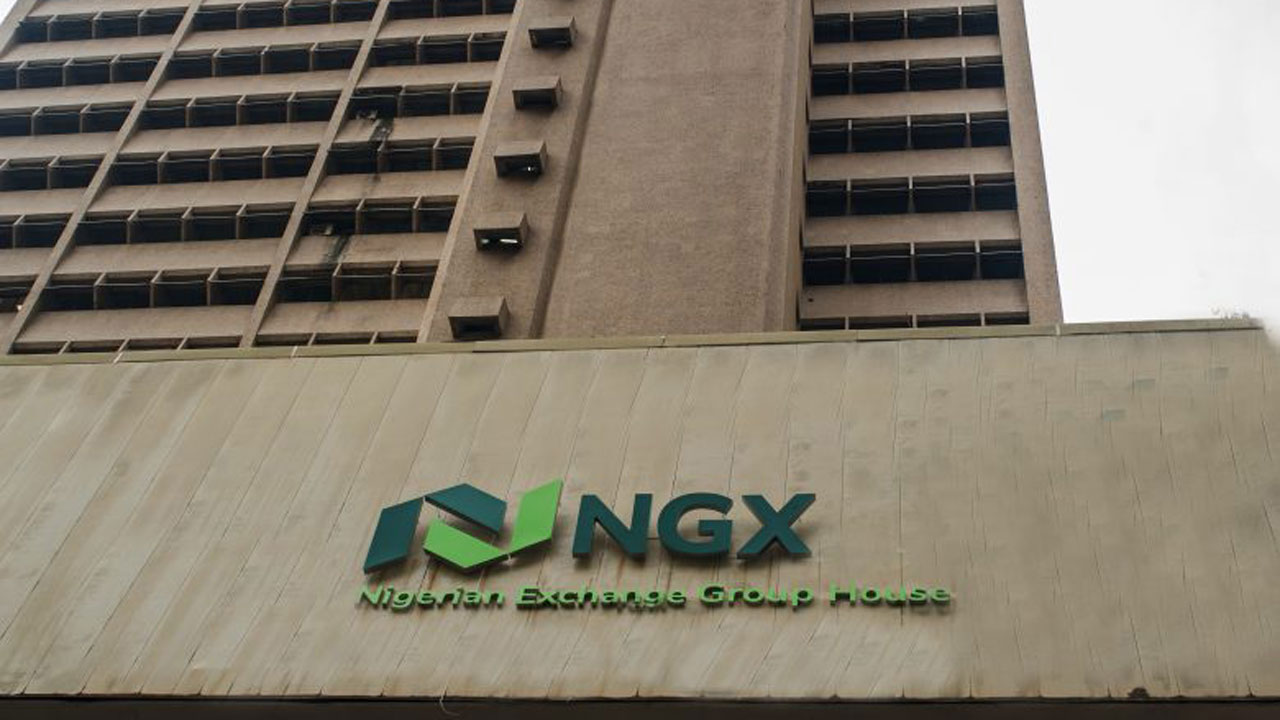The Central Bank of Nigeria (CBN) announces that its recent introduction of new minimum capital requirements for banks is a strategic effort to improve financial inclusion, particularly among underserved communities. This initiative aims to bridge existing gaps and promote access to financial services for marginalized groups.
Speaking at the opening of the 2024 International Financial Inclusion Conference, themed “Inclusive Growth—Harnessing Financial Inclusion for Economic Development,” CBN Governor Yemi Cardoso emphasizes that expanding financial access is crucial for sustainable economic progress. He highlights that the new capital requirements will ensure banks are better capitalized, allowing them to extend more credit and financial products to underserved markets, including women, youth, and micro, small, and medium enterprises (MSMEs).
“The Central Bank is committed to ensuring that our financial inclusion policies effectively address the unique challenges faced by underserved populations,” Cardoso states. “By strengthening banks’ capital bases, we empower them to take on greater risks, thereby enhancing their ability to support MSMEs, rural areas, and other vulnerable segments that previously struggled to access formal financial services.”
Cardoso also points out the significant impact of MSMEs on Nigeria’s economy, noting that they account for over 80% of the nation’s employment. He underscores the potential for economic growth if financial inclusion initiatives are tailored to support these enterprises, as well as women who are vital to driving inclusive growth.
“SMEs are the backbone of our economy, and financial inclusion can unlock their full potential,” Cardoso remarks. “Similarly, when women are financially empowered, they reinvest in their families and communities, leading to wider socio-economic benefits. However, women in Nigeria remain disproportionately excluded from the formal financial sector.”
Governor Babajide Sanwo-Olu of Lagos State acknowledges the challenges in achieving comprehensive financial inclusion, attributing them to inadequate infrastructure and lack of trust in the financial system. Represented by Deputy Governor Obafemi Hazmat, Sanwo-Olu highlights that bridging the digital divide is essential to overcoming these barriers.
“Many Nigerians are still excluded from the formal banking system due to physical infrastructure limitations and trust issues,” Sanwo-Olu says. “We must also address the digital divide that leaves many without access to essential digital financial tools.”
Despite these challenges, Sanwo-Olu expresses confidence in Nigeria’s capacity to overcome obstacles through innovation and resilience. “We cannot allow these barriers to hinder our progress. Instead, we must tackle them with the creativity, resilience, and determination that define us as Nigerians,” he concludes.
The conference brings together stakeholders from various sectors to discuss strategies for leveraging financial inclusion to drive economic development, focusing on innovative solutions to support the country’s financial inclusion agenda.













